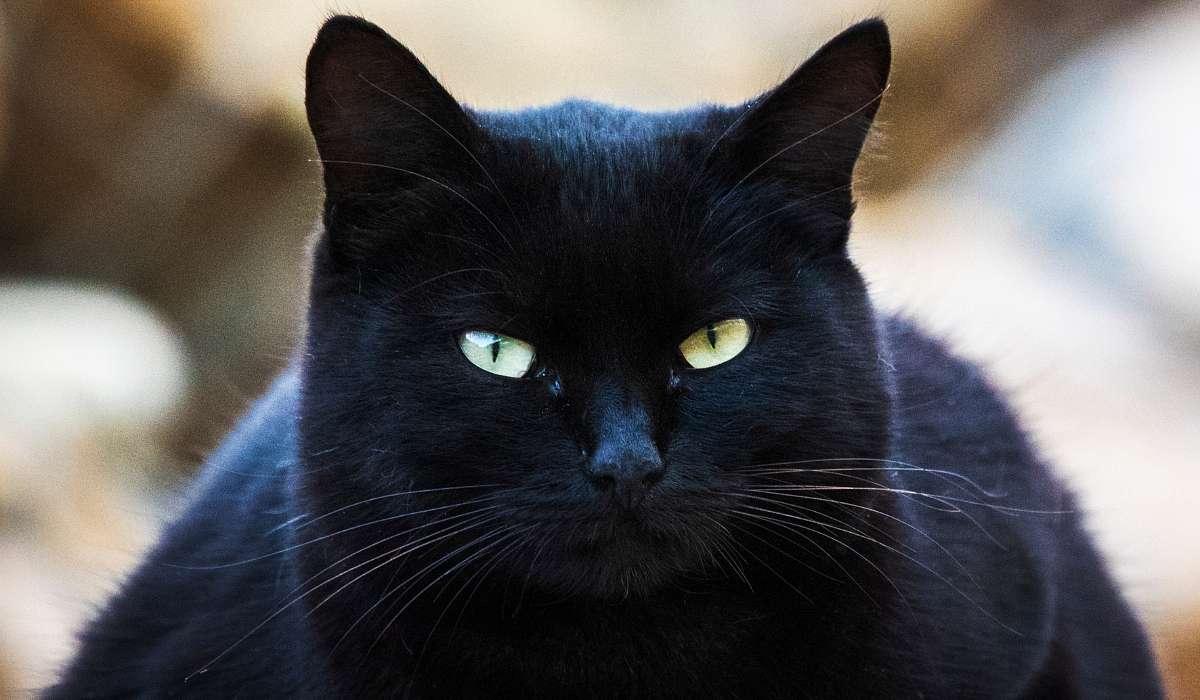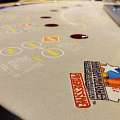A stroke of luck
- Posted 13 Oct 2023

Are you crawling today deep under the covers and hoping the day will pass quickly? Do you suffer from paraskevidekatriaphobia, or fear of Friday the 13th? Or are you just eagerly looking forward to testing your luck that day more than ever?
From thirteen...
The number thirteen has had a bad name in many countries and cultures for centuries. Mostly because it comes after the holy twelve. Twelve symbolically stands for order and perfection. This is in stark contrast to the next number, which causes disruption to that whole. Thirteen is also seen as a devil's number - devil's doom - namely twelve plus one. In many fairy tales and legends, the number carries a negative connotation.
Some claim that the unlucky number originated from the lunar calendar of the Celts, which consisted of, yes, thirteen months. It was their lucky number. In ancient Rome and China, too, thirteen was the lucky number. And in Mexico, it still is. After the introduction of the solar calendar by the Christians, every effort was made to make people renounce the lunar calendar. Sowing fear of the number thirteen obviously helped. Biblically speaking, thirteen is a negative number. During the Last Supper, when Jesus is betrayed by Judas and thus ends up on the cross, thirteen people were sitting at the table.
... to Friday the 13th...
Moreover, this happened on a Friday. Since then, Friday was also considered the worst day of the week. The combination of the number thirteen and a Friday meant absolute bad luck. In the year 1307, this theory was confirmed for superstitious people. On Friday the thirteenth of October of that year, Phillip IV, the king of France, had all the Temple Knights in all Europe imprisoned. Many were sentenced, thrown into dungeons or executed. The French king was after the riches of the Christian order, which consisted of knights and monks. Talk about an unlucky day for the Templars!
The highly superstitious stockbroker Thomas W. Lawson made Friday the 13th popular in the US. He published the book Friday The 13th in 1907, in which someone tries to crash the Wall Street Stock Exchange. It actually happened on Thursday 24 October 1929. Nowadays, the last Thursday in October is called Black Thursday in the run-up to Black Friday, the day after Thanksgiving, when bargains are traditionally made. Lawson's book was adapted for film in 1916.
A year later Friday the 13th was released in Europe by director Richard Oswald, in which members of the Eulenstein family die on Friday the 13th.
...until today.
All this provided enough food for superstition to spread worldwide and exist to this day. For example, few hotels in the United States have a room thirteen, many French cities lack the house number thirteen, hospitals do not have an operating room with the number and buildings often lack the thirteenth floor. There are fewer weddings on Friday the thirteenth and even fewer people on the streets. At the same time, recent research by insurers in the Netherlands shows that there are fewer car accidents registered on average.
Come play out your stroke of luck today, on Friday the thirteenth at VIAGE. Under the watchful eye of black cats and roulette ladies, accompanied by inspiring live music from Super Ginga. What luck, right?








